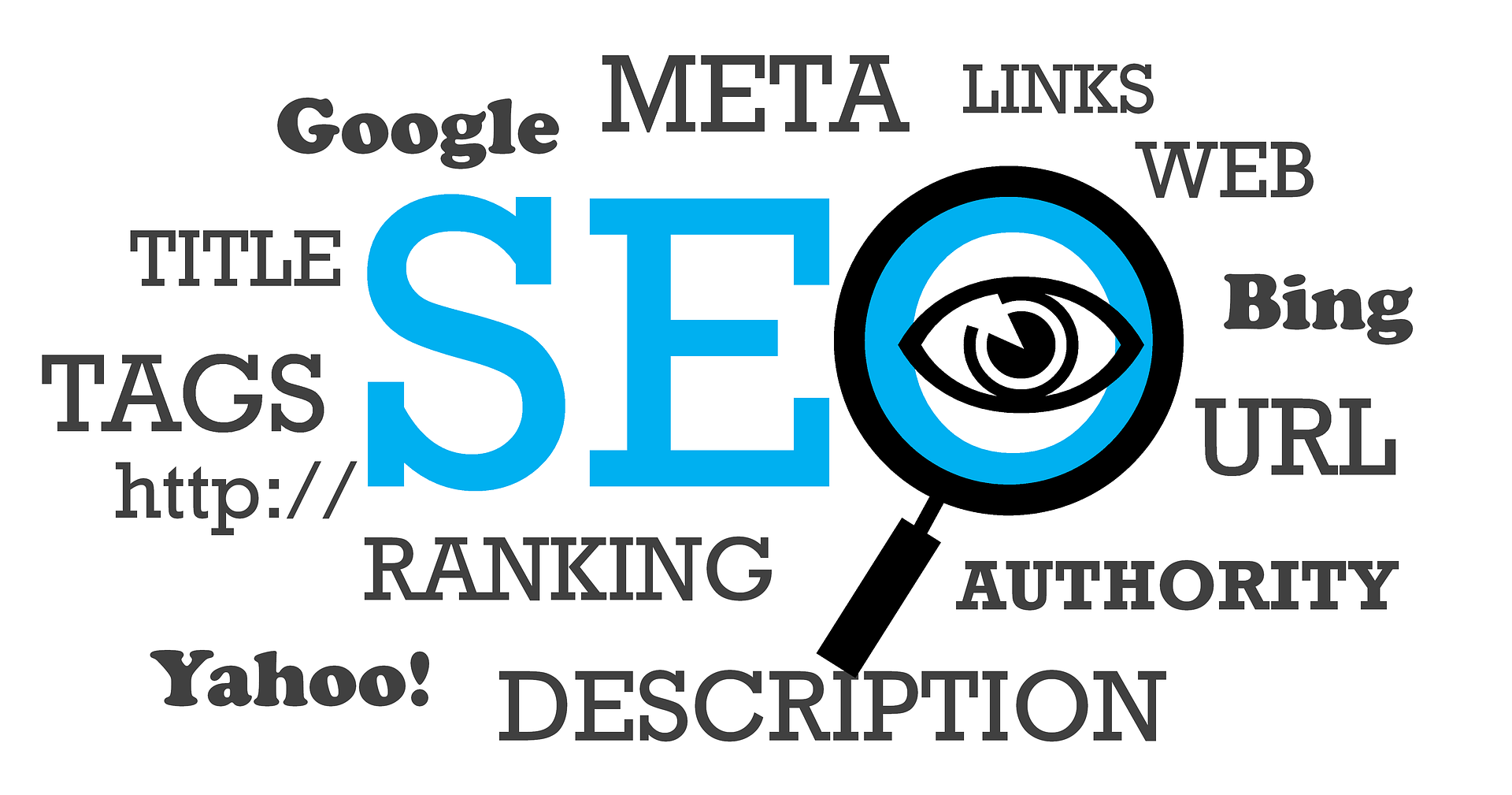Search Privacy is bad for Google Analytics
If you’re a Google Analytics user, you’re probably entirely frustrated by that ‘not provided’ statistic you are seeing more and more of. Perhaps Google is in the process of creating a paid-for feature which grants access to this stat, but in the meantime you probably want to know why it’s there and whether or not you can do anything about it.
Since the launch of Google Plus in July 2011, Google has spent a lot of time integrating its services in the name of returning more relevant search results, based on an individual’s browsing habits. This has seen the various Google-owned services joined together so that they now all show under one roof and in association with one another. All of those previously disconnected services have been linked – your Gmail account, your YouTube account and your Place page. When you’re logged into your Google account (via any of the above-mentioned platforms), Google will automatically keep a record of your browsing history so that it can tailor your search results.
Of course, not everyone wants their search results tailored to their browsing history. For some, this sparks immediate privacy concerns. Platforms like Facebook have been subject to such outcry and have often had to adjust features so that users feel more secure.
In order to stave of similar concerns, Google allows ‘recorded browsing’ and ‘personalised search’ to be switched off. Obviously for Google this is not ideal. Using your browsing history to shape your search results also means that advertisements can be better targeted to your preferences. This makes you more likely to click them, ultimately resulting in greater profits for the search giant. If you disable browsing history within your Google account, Google does not benefit.
Perhaps there are more noble forces at work and Google really is trying to create the best search engine possible for everyone. But until then, I suggest keeping a close eye on what is going on.
Private search isn’t the fantastic solution it may initially appear to be
While this additional privacy option might seem comforting for some, there’s something that Google Analytics users should know…
When you disable browser history in your Google account, you become part of the ‘not provided’ statistic you often see in Google Analytics. The ‘not provided’ statistic is a tally of all those visitors that are logged into their Google account and who have enabled private browsing.
As of the moment, there is no fix to getting people out of the ‘not provided’ cateogry if they’ve activated private browsing within their Google account. And things will probably get a lot worse before they get better.
As online companies try to share and make public more and more data, privacy may become a bigger worry. If privacy really does become a bigger issue than it already is, those not provided stats are going to go through the roof.







